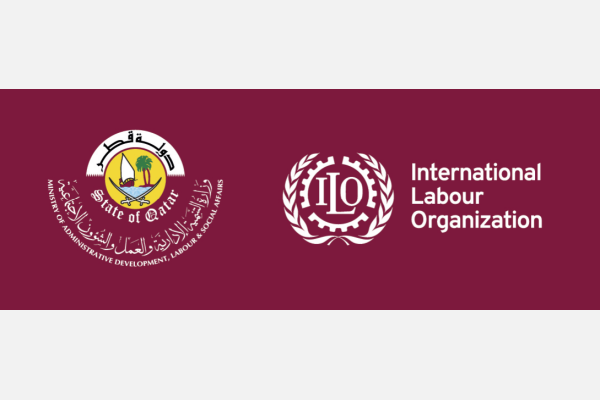Repository of Practices

Piloting fair recruitment from Bangladesh to Qatar in the construction sector
Dates
Type of practice
Summary
The pilot intervention started with an external on- site audit of a sub-contractor of a large construction company in Qatar and a private recruitment agency in Bangladesh. Assessing compliance against ILO’s General Principles and Operational Guidelines for Fair Recruitment, the audit mapped out the entire recruitment process; identified gaps in existing systems, policies, and procedures; and assessed the organizations’ capacity to comply with fair recruitment. Based on the results of the assessment, the Ministry of Labour (MoL) in Qatar and ILO provided tailored training and tools to expand the capacity of the management and staff of the sub-contractor and the private recruitment agency to comply with fair recruitment. The service agreement between the sub-contractor and the private recruitment agency was amended. Procedures and tools were developed to establish an effective grievance and workers’ communication system during the recruitment process. The pilot also worked with the sub-contractor and the private recruitment agency to build on a comprehensive pre-departure programme for workers going into the Qatari construction sector. An independent impact assessment has been conducted together with Tufts University and Associates for Community and Population Research to measure the socio-economic impact of the pilot.
Organizations
Main Implementing Organization(s)
Detailed Information
Partner/Donor Organizations
Benefit and Impact
Key Lessons
The main challenge during the implementation was the presence of intermediaries, which could potentially lead to the risk of unfair recruitment, including workers being charged of recruitment fees and related costs. To address potential challenges, the private recruitment agency applied a “direct recruitment” model at each stage of the process, developed monitoring mechanisms at all stages of recruitment process and established direct communication channels and grievance mechanisms with workers.
Recommendations(if the practice is to be replicated)
Currently, the ILO Project Office for Qatar and the MoL is planning an engagement with companies from different sectors, through the Qatar Chamber of Commerce and Industry, to share lessons and concrete tools from this pilot.
The pilot showed the implementing fair recruitment is possible with commitment and transparency amongst all actors involved. The concrete tools developed through the pilot are easy to use and adapt, to address coercive and deceptive recruitment practices. It demonstrated that companies can achieve fair recruitment in a relatively short time span. It took just a few months to reach a massive drop in the average recruitment fees and related costs paid by workers, as well as deceptive practices; to deeply reform company policies and practices; and to achieve fair recruitment.
The pilot highlighted the benefits to workers, while demonstrating that companies can reduce the risks of unfair recruitment while facilitating better selection of workers. While it focused on recruitment of workers in Bangladesh for the Qatar construction industry, the pilot can serve as a case study for similar initiatives in other countries and other sectors.
Innovation
Additional Resources
Date submitted:
Disclaimer: The content of this practice reflects the views of the implementers and does not necessarily reflect the views of the United Nations, the United Nations Network on Migration, and its members.
More Related Practices:
- Recruitment Cost Calculator (RCC)
- Research on human rights violations against live-in domestic workers, and related Code of Good Practice
- Migration Lab for the domestic and home care sector
- Domestic Workers League of ACV-CSC Brussels
- Ferias y actividades multitudinarias vinculadas a trabajo con organizaciones de base
Peer Reviewer Feedback:
*References to Kosovo shall be understood to be in the context of United Nations Security Council resolution 1244 (1999).
Newsletter
Subscribe to our newsletter.